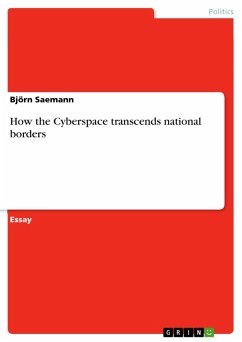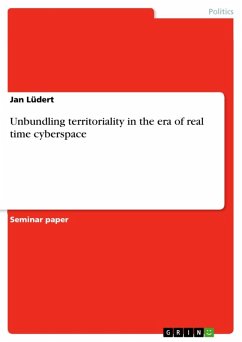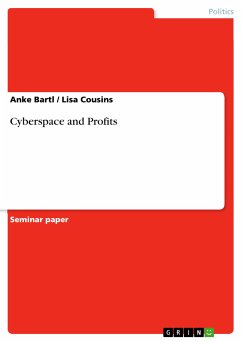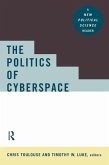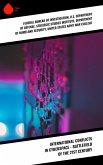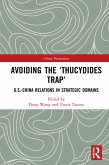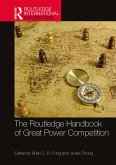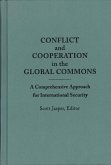Essay from the year 2009 in the subject Politics - Miscellaneous, grade: 2,7, University of Hildesheim (Institut für Politikwissenschaft), course: New Anthropology. Ethnicity, Multiculturalism and Identity in the Context of Globalization, language: English, abstract: For the last two centuries the nation-state was one of the major cultural groups people have been identifying with. Like most of the cultural groups people belong to - like age, race, gender, sexual orientation and many more - the nationality, in other words the belonging to a nation-state - is a more or less fixed group. To change to another national identity is in most cases very difficult to impossible. In the "Age of the Internet" this changes. A new "nation" arose which was open to everyone with a computer - regardless of their gender, sexual orientation or nationality. A nation in which everybody is truly equal. The Cybernation. This essay is about how the nation-state came to be, why it is such a fixed cultural group and how the Internet transcends the borders of the nation-state. I will use the first intifada (Palestinian uprising in Israel) and the birth of the Cybernation Dehai (Virtual counterpart to the very young African nation Eritrea) as examples to prove my thesis.
Dieser Download kann aus rechtlichen Gründen nur mit Rechnungsadresse in A, B, BG, CY, CZ, D, DK, EW, E, FIN, F, GR, HR, H, IRL, I, LT, L, LR, M, NL, PL, P, R, S, SLO, SK ausgeliefert werden.

